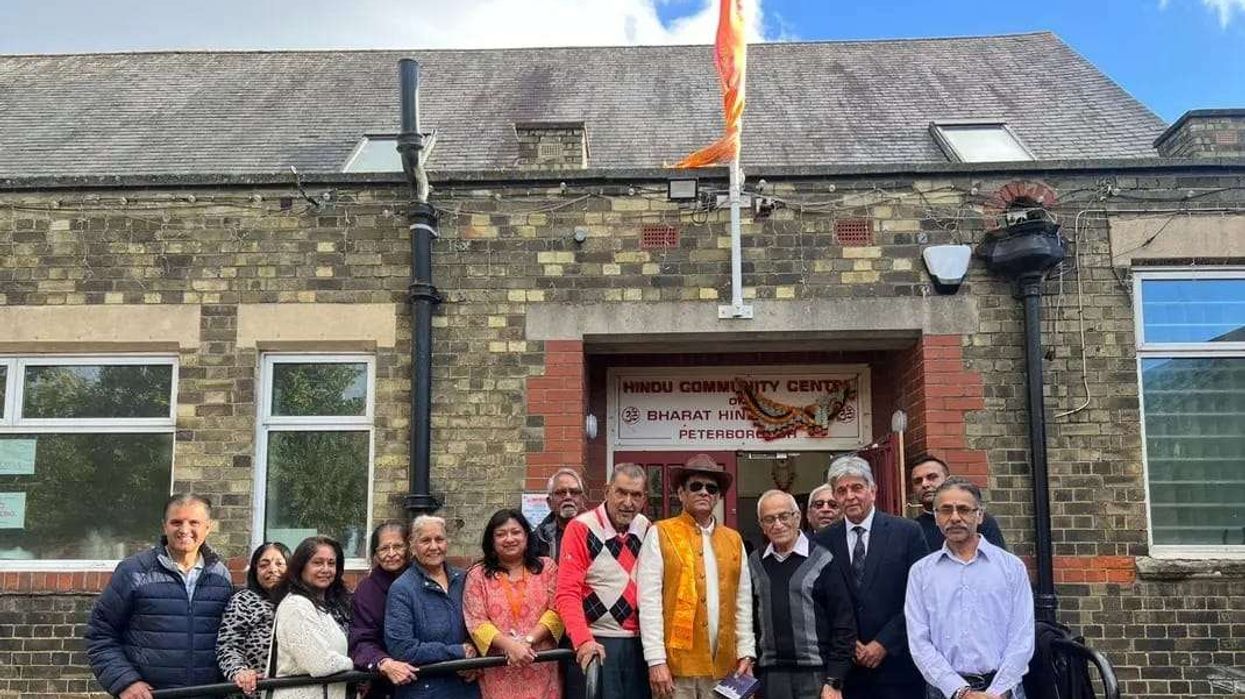RICH countries have cornered most of the Covid-19 vaccination supplies “despite talk of global cooperation,” 2019 Nobel Prize winners Abhijit Banerjee and Esther Duflo have said. They added that developed nations need to rebuild the trust of developing countries by investing now to “vaccinate the world”.
Drawing attention to the gap in the vaccination status of rich and poor countries, the couple said, “vaccine access is deeply unequal.”
“The US is starting to vaccinate children, even as health workers and elderly people are waiting for shots in most of the world,” they wrote in The Guardian, adding that just two per cent of the population in Africa has received Covid-19 vaccination as compared with 40 per cent in the US and almost 20 per cent in European countries.
“India, one of the largest vaccine manufacturers in the world, has fully vaccinated three per cent of its population, and is still in the middle of a nightmarish second wave that has forced the country to stop exports of all vaccines,” wrote the economists.
Accusing the rich countries of “cornering vaccine supplies” and “planning to stockpile millions of extra doses for the future” despite the talks of “solidarity at the beginning of the pandemic,” Banerjee and Duflo said high-income countries had already bought up 50 per cent of vaccine doses by March.
The economists also questioned rich countries’ commitment towards other common goals like global efforts against the climate crisis.
“The success of Cop26 depends in part upon larger developing countries such as Bangladesh, China, India, Indonesia, Mexico, Nigeria and Pakistan committing to sacrifices that will only pay off if countries such as the US, UK, Germany, France and Canada can be relied upon to stick to their own commitments,” wrote the economists, adding that by agreeing to cut CO2 emissions, these developing countries will “potentially curtail their own growth.”
They said that this “sacrifice will only pay off if rich countries respond by cutting their own emissions.”
However, developing nations may now wonder “what guarantee they have that when the next disaster strikes - and domestic pressures mount - rich countries won’t abandon their commitments,” said the joint winners of the 2019 Nobel prize in economic sciences.
They added that succeeding in the Covid-19 global vaccination effort is a chance to show that the “talk of a common community and a shared destiny is more than just words.”











